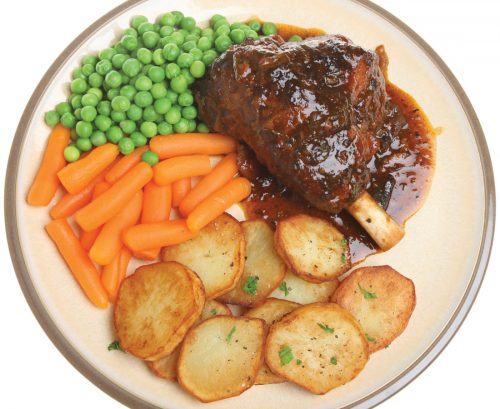
Q My mother has significant memory problems and forgets to eat. She’s now living with us so that we can make sure she eats. Do you have any tips that can help me get her the nutrition she needs?
A You are one of many new Zealanders who care for a parent with memory loss. I applaud you for working towards helping your mother meet her nutritional needs.
People with memory loss are at an increased risk of losing weight and need extra attention paid to their food and fluid intake.
Now is not the time to start offering new, unfamiliar foods or trying new recipes — stick with familiar foods. Nor it is time to restrict the intake of foods unnecessarily. People with significant memory problems benefit from having a review of any prescribed diets, as previous diet restrictions may no longer apply.
Here are some tips for supporting people with memory loss with health and nutrition:
Encourage regular weight monitoring — record weekly weights and check with your doctor if there is any unexplained weight loss.
Aim to provide foods that give pleasure by offering meals the person has always enjoyed.
Offer three small meals and three in-between snacks.
Encourage a variety of familiar fluids throughout the day (two hourly) and offer these in familiar easy-to-use cups or mugs.
Keep meals simple and give favourite foods more regularly than normal. This will help increase food intake at meal times.
Use ready-made food items, such as chilled or frozen meals, which add variety and give the carer a break.
Offer finger foods. These are easier to eat for people who start to have problems managing cutlery.
Try to eat together as a family. Many older people will eat more food when eating in company.
Some people with advanced memory loss may change their taste choice and want sweeter foods than they had in earlier life. If the person has no reason to reduce their sugar intake, include some sweet foods in their daily meals.
It’s my opinion that the nutritional aim for people with significant memory loss is to focus on adding quality to their life every day and the tips above will help to do just that.
Article sources and references
- Volkert D et al. 2015. ESPEN guidelines on nutrition in dementia. Clinical Nutrition 34:1052-73https://www.ncbi.nlm.nih.gov/pubmed/26522922
- Mole L et al. 2018. The nutritional care of people living with dementia at home: A scoping review. Health and Social Care in the Community 26:e485-96https://www.ncbi.nlm.nih.gov/pubmed/29365369
www.healthyfood.com











